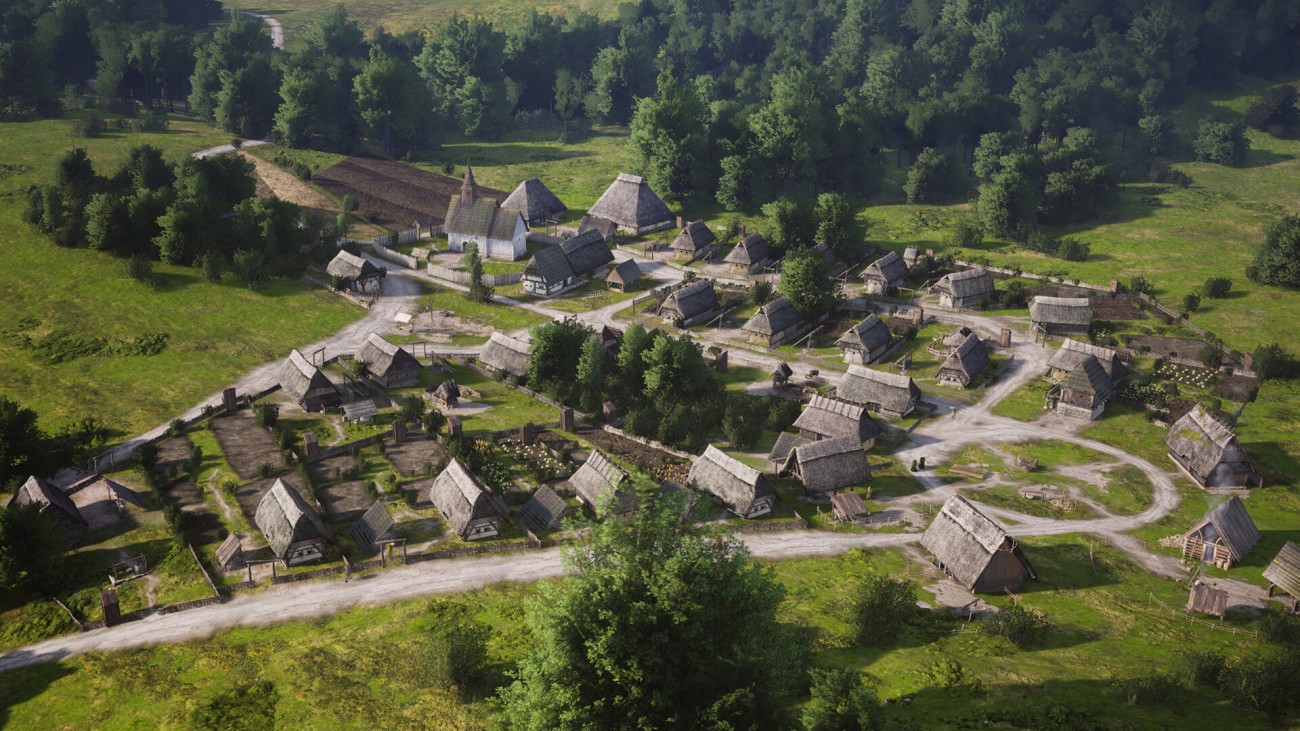A video game review might not exactly be the kind of political content you expect from me, but I spent a few hours playing a newly released game last Saturday. Buying a newly released game is something that I haven't done in years as I've found the quality rarely matches up to games that are now decades old.
A week ago the city-builder and real-time tactics game Manor Lords was released in early access, giving players access to an expanded demo of the most anticipated video game of 2024 so far. It was wishlisted over 3 million times on Steam before its release and sold over 1 million copies in its first weekend.
The game is special for one reason. It has been built and developed over seven years by one Polish man: Greg "Slavic Magic" Styczeń.
For years, the big studios have been pumping out AAA video games for $100 a pop with terrible performance and riddled with bugs on every launch. They have payrolls with hundreds of developers, and most importantly: diversity officers. This industry is where the competency crisis caused by "diversity, equity, and inclusion" is very visible.
A number of indie developers like Greg have been making waves recently by showing that the problem really is one of competence. It made me think of this being the gaming equivalent of Elon Musk's acquisition of Twitter, firing 70% of the workforce, and then releasing more new features in a year than the company had previously done in a decade. As we often say in software, more people does not mean the work gets done faster. Or to use an analogy: nine women can't birth a baby in one month.
Manor Lords is unique as a city-builder because it strives to recreate Mediaeval German village life. Many of its dynamic gameplay mechanics are ones you would not be allowed to build in a modern corporate environment. Building a church is required before new people will move into your settlement and to allow you to accrue influence over the surrounding regions. The game simulates four seasons across twelve months, and the church bells ring in every change. The basic economic unit of the game is the family.
The families that move into your town consist of a husband, wife, and son. The husband and son do the bulk of the heavy labour and can be called up to war when you rally your militia. This also means that around ⅔ of your population can be called up to fight bandits or the rival barons. These families also balance out the transportation of resources around the town as every item in the game must be physically moved around the map. If your men die in battle, your economy will be severely hampered until new men move in.
The game looks absolutely beautiful and even photorealistic at times. The care and love put into every pixel is jaw dropping to behold. The gameplay works, is fun, doesn't try to hold your hand, speed you up, or draw your attention to any one particular path to build up your mediaeval fiefdom. It's entertaining, relaxing, and complex at the same time.
People have asked Greg why he makes the game mostly alone, only contracting out the occasional bit of work, and he says it's because he simply cannot find developers who will work to the standard of quality he expects from himself. Or perhaps they have a cushy job at a large company churning out badly optimised, buggy, and woke games.
At some point the destructive nature of corporate political diversity programs will start to break industries. In a sector like video games the consequences are not that painful for society, but it makes you wonder about the day when every product starts to suffer from this decay.
There are some theories that companies will have to"put the woke away" to deal with the looming competency crisis, but I'm not so sure the damage can be undone so easily. It's far more likely that some lone guy with a vision and relentless drive will simply bulldoze through these corporations with a superior product, and so stave off what would otherwise be an inevitable collapse of civilisation.
